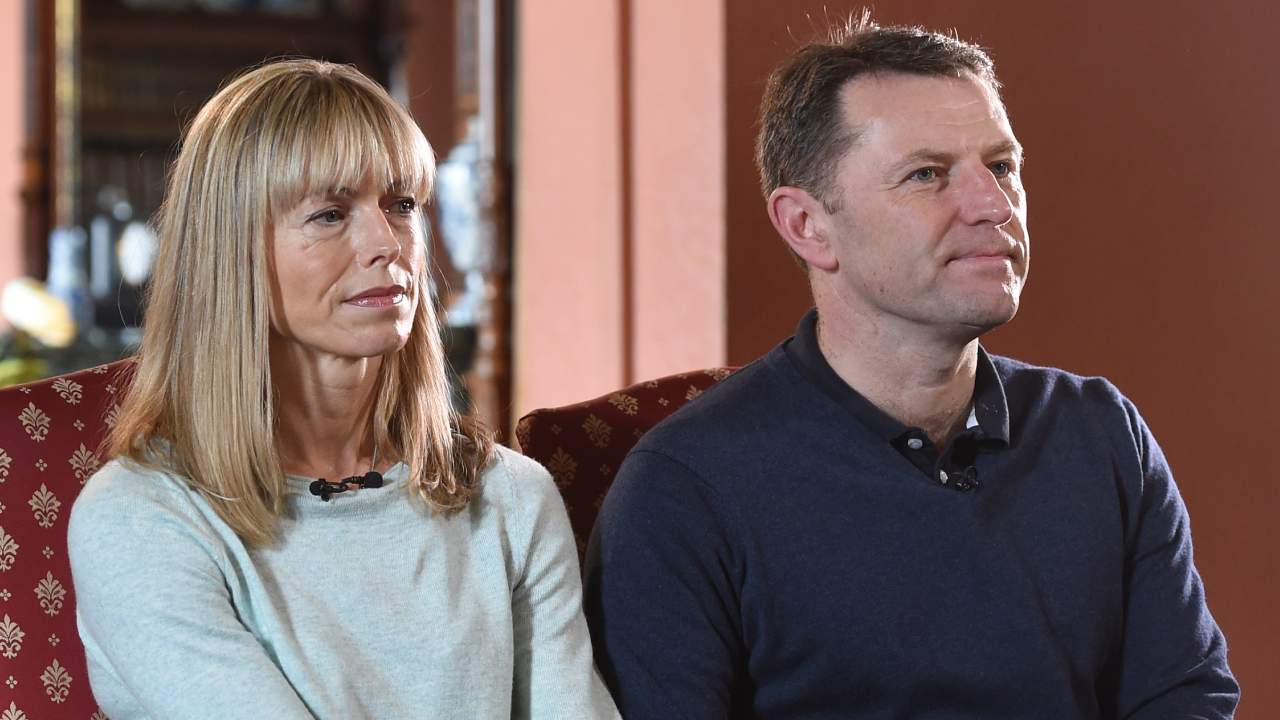The Netflix documentary ‘The Disappearance of Madeleine McCann’ debuted on Netflix last Friday and the debate surrounding the case has once again been ignited. Madeleine disappeared in May 2007, almost twelve years ago, and yet her story continues to fill the news. Does the McCann case versus the Shannon Matthews case say expose the prevailing existence of classism in the media? Shannon Matthews was a working-class girl from Dewsbury, West Yorkshire, who went missing in 2008. The media coverage she received compared to Madeleine was minimal so why are we still talking about Madeliene? Many, Guardian columnist Owen Jones included have pointed to the fact that the McCanns are decidedly middle-class with contacts in the media invites the question, are the McCanns only walking free uncharged of child negligence or worse because of their status as middle-class doctors?
Although it would be assumed that the news of two missing children would generate equal amounts of concern
The local community tried to support and raise awareness of the Matthews case but lacked the resources and knowledge to operate the kind of slick publicity machine that kept Madeleine in the spotlight. When Shannon was reported missing, attention was immediately drawn to her disadvantaged background. She lived in a 3-bedroom council house on an impoverished council estate. The council estate surrounded by litter with rowdy local youths the media latched onto and used it to represent Shannon. The media and public attached stereotypes and prejudices about the white underclass to Shannon’s life but their dismissive attitude towards Shannon’s life led to a dismissive attitude towards Shannon herself even though she was a missing child and possibly in danger.
On the other hand,the McCanns inhabited a detached house in Leicestershire, and were vacationing in an up-market Portuguese holiday resort when Madeleine disappeared in 2007. Karen Matthews was perceived as ineloquent and inelegant whereas Gerry and Kate McCann were ‘professional’ and seemingly-nice doctors. Cheerful videos of the McCanns portrayed them as a perfect family, whereas Shannon had a complicated family with her mother having had seven children by five different fathers.
The McCanns’ professions, family life and status portrayed a lifestyle and family that the British media wanted to respect, and the public wanted to identify with. However, the media was fixated on Shannon’s underprivileged life, equating her worth to her class. They distanced themselves from a girl belonging to an undesirable background, as if this was enough to write her off. After two weeks, ‘The Sun’ offered a £20,000 reward for finding Shannon which is nothing compared to the £2.6 million offered for Madeleine. The huge difference in rewards suggests that a price tag was put on the girls’ lives differentiating their worth based on their socio-economic backgrounds. Does having parents in highly-regarded positions and living in a nice area really make a person more valuable?
The McCanns utilised their media connections by creating a media-savvy campaign and playing the media game expertly. After nine days, there were 465 UK press stories about Madeleine, but only 242 about Shannon. The media’s concerns evidently depend on people’s connections and status rather than the well-being of victims. The McCanns’ privilege made them untouchable as Donovan and Karen Mathews were justly charged for fake kidnapping. However, the McCanns escaped child neglect charges despite leaving a three-year-old and one-year-old twins unaccompanied in a foreign resort.

